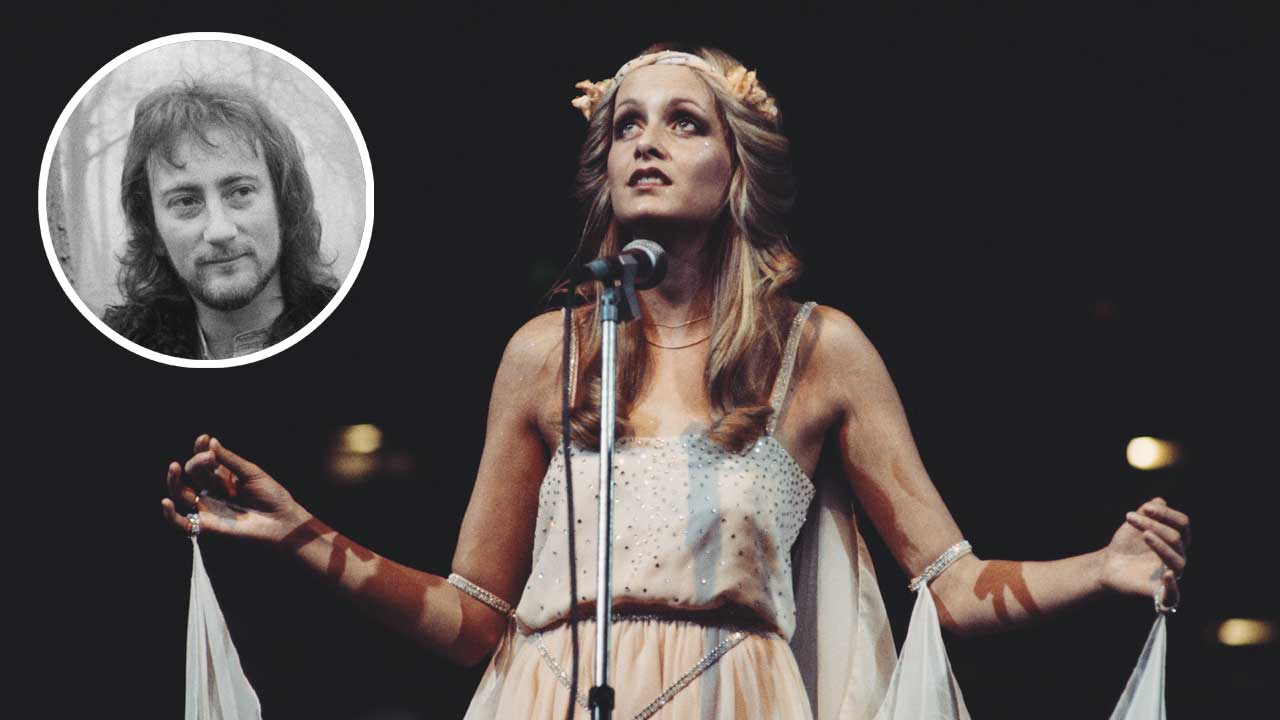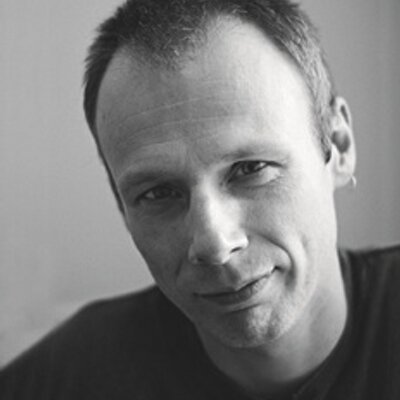"Even now, I have no idea how we got Vincent Price or Twiggy": The night Roger Glover assembled three Deep Purple singers and a cast of stars for a performance based on an old children’s poem
When Roger Glover was asked to soundtrack a film based on a poem by a 19th century botanist, little did he know that soon it would become a one-off live extravaganza

Of all the many Deep Purple offshoots and projects, there’s none more fanciful or just plain quirky than Roger Glover’s The Butterfly Ball And The Grasshopper’s Feast. A poem for children written in 1802 by historian, art collector, botanist, sometime MP and occasional writer William Roscoe, The Butterfly Ball was adapted in 1973 into a then-popular book by author William Plomer and illustrator Alan Aldridge. Plomer died before it was published, but its success prompted Aldridge to conceive of expanding the idea into an album that would go on to soundtrack an animated film.
Initially, Aldridge imagined Pink Floyd as composers of the music to fit the theme of a woodland party for insects and other small animals. When that didn’t pan out, he approached first Jon Lord, who was too busy with Purple, and then the band’s just-departed bass player.
“It was something that just landed in my lap,” Glover acknowledges. “When I agreed to take it on, Alan said to me: ‘Listen to Benjamin Britten,’ so I got the inkling he wanted something orchestral and classical. I didn’t take that approach, though, because I’m not that kind of musician or writer. I write songs.
“It was a massive undertaking. I had this vision of going to a villa in the sun, somewhere with a grand piano, and spending a month writing it. It didn’t work out that way. I went to Minorca, where it rained all day, every day and there was no piano.”
Ultimately, Glover composed most of the work at home on his own baby grand. Studying Aldridge and Plomer’s book, he reasoned that there were 20 characters in it and so wrote 20 songs. In keeping with the source material, these were playful, gently appealing and very much “of the time”.
The first song Glover composed was an ingratiating Beatles pastiche, Love Is All. And since he was also making an album with Elf at the time, he had Ronnie James Dio sing it.
“That song went on to be number one in Holland for five weeks straight,” Glover marvels. “It was massive in France, too. Later, I believe it was used in a commercial for baby yoghurt.”
Sign up below to get the latest from Classic Rock, plus exclusive special offers, direct to your inbox!
In all, the album took six months to make, the bulk of the recording done at London’s Kingsway studio, owned by Ian Gillan. As well as Dio, Glover brought in David Coverdale and Glenn Hughes as vocalists, along with a sprawling cast of session musicians and a full orchestra. Released on November 18, 1974, the album found an audience in pockets of mainland Europe but passed almost unnoticed elsewhere. A one-off show was arranged at the Royal Albert Hall on October 16, 1975 in what Glover calls a “last-ditch attempt” to make the album take off in the UK.
For this only live performance to date of The Butterfly Ball, Glover reassembled the album’s cast, except for Dio, who bailed at the last minute when he joined Ritchie Blackmore’s Rainbow. Glover instead called up Gillan, who to all intents and purposes had retired from singing after leaving Purple in ’73. Completing the on-stage line-up was an even more unlikely duo: renowned Hammer Horror actor Vincent Price, as the narrator, and as an additional singer the model Twiggy.
“Even now, I have no idea how we got Vincent Price or Twiggy,” Glover says, laughing. “But they were each such a pleasant surprise. They were so easy to work with, and she was a lovely girl. “I remember the gig for a certain amount of chaos. I had no resources, really. I did a lot of it myself, organising rehearsals, doing the arrangements for the orchestra and booking the singers, but for Twiggy. Apart from Purple’s induction into the Rock And Roll Hall Of Fame in 2016, it was also the only time that Ian, David and Glenn have all shared a stage.”
“I had walked away from the business,” takes up Gillan. “I hadn’t sung a note in two years. I got the call from Roger the night before, and went on anonymously. I wasn’t listed in the programme, because Ronnie Dio was supposed to have done it.
“I had short hair, was wearing a shirt and ambled on stage. I had the lyrics on a lectern and no idea what would happen. But I got a standing ovation. It went on for quite a while, and I couldn’t help but think:, ‘This is what I do. Why am I messing around?’ Within a week, I’d got my guitar out and was back in the studio. I haven’t looked back since that day, and it’s all thanks to Roger.”
Film-maker Tony Klinger, who had worked on the TV series The Avengers and would go on to direct The Who’s movie The Kids Are Alright, shot the Albert Hall show. It’s preserved now on YouTube, the footage as muddy as canal water and interspersed with risible scenes of adult actors in animal costumes frolicking about.
“The night itself was fantastic,” says Glover, “but I had nothing to do with the filming. Of course, I realised too late that it was a low-budget job and would end up looking crap.
“It’s been years since I sat down and listened to the actual album, but The Butterfly Ball is still cooking. There’s interest now in turning it into a full-blown stage musical, which I wanted to do all along; I even wrote a script twenty-five years ago. But you need a whole team and lots of money to mount something of that nature. We’re working on it now, that’s all I can say."
This feature originally appeared in Classic Rock 249, published in June 2018.
Paul Rees been a professional writer and journalist for more than 20 years. He was Editor-in-Chief of the music magazines Q and Kerrang! for a total of 13 years and during that period interviewed everyone from Sir Paul McCartney, Madonna and Bruce Springsteen to Noel Gallagher, Adele and Take That. His work has also been published in the Sunday Times, the Telegraph, the Independent, the Evening Standard, the Sunday Express, Classic Rock, Outdoor Fitness, When Saturday Comes and a range of international periodicals.


